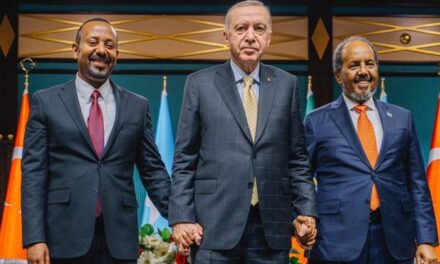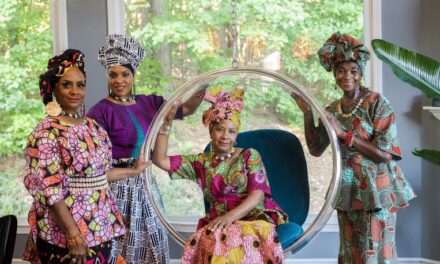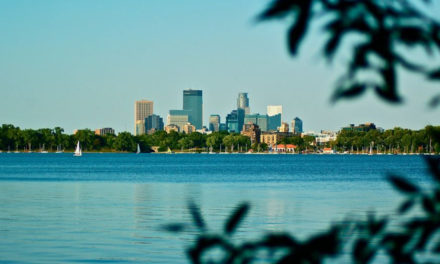Christian Caryl as “The democratic success story that no one is talking about” for The Washington Post
Supporters of Tunisian presidential candidate Kais Saied celebrated victory in Tunis on Oct. 13. (Mohamed Messara/EPA-EFE/REX)
This is not a happy time for advocates of liberal democracy.
And yet there was one dazzling bolt of good news that emerged from the darkness this weekend: Tunisia just held the second round of its presidential vote — and the people won.
A conservative law professor, Kais Saied, emerged as the victor with 70 percent of the vote. He trounced his opponent, Nabil Karoui, a media tycoon who was released from prison just last week. Karoui is a fiery populist who takes his cue from tough-talking strongmen such as the Philippines’ Rodrigo Duterte, Turkey’s Recep Tayyip Erdogan and Trump. Yet he lost — and conceded to his opponent.
Tunisians could have easily opted for the Karoui quick fix. Voters have a lot to be unhappy about. The economy is in dismal shape. Joblessness is rampant. Corruption remains widespread.
And yet they chose Saied, a no-drama candidate if there ever was one. Make no mistake, Tunisians wanted change — the political novice Saied represents a dramatic departure from business as usual. His unlikely rise has a lot in common with that of Ukrainian President Volodymyr Zelensky, another outsider who won by promising voters a fresh start.
In case you’ve forgotten — and you can be forgiven for that, given how rarely global media mention the story — here’s a brief refresher. Tunisia was the country that began a historic wave of revolt across the Arab world in 2011, after a young fruit seller named Mohammed Bouazizi killed himself by self-immolation to protest abuse by local officials. The resulting uprising toppled Tunisian dictator Zine el-Abidine Ben Ali and triggered a series of other revolutions around North Africa and the Middle East. Those other countries have since succumbed to civil war (Libya, Syria, Yemen) or authoritarian resurgence (Egypt).
But Tunisia has pushed ahead, holding vote after vote. Along the way, the party that started off as the local branch of the Muslim Brotherhood, the Ennahda Party, decided to distance itself from an Islamist agenda. Terrorist movements staged attacks that aimed to undermine representative government. Secular conservatives tried to push back on civil liberties.
And yet Tunisians kept returning to the ballot box — or taking to the streets to express their dissent. And so they’ve managed to keep their remarkable democratic experiment grinding along. They passed laws protecting minority rights; civil society groups have continued to press vocally for reforms. (And the fact that Tunisian democracy continues to exist at all remains the most eloquent possible rebuke to the Islamist militants.)
Yes, I know the objections. Tunisians aren’t happy. Prosperity and good government remain a mirage. The country’s young democratic institutions are fragile. And let’s face it — it’s a small country (pop. 12 million), more of an outlier than a representative of its own region.
Yet there are some fundamental features of Tunisians’ continuing fight for an open society that aren’t so easily dismissed. Ask Americans and Europeans about the prospects for democracy around the world, and you’ll often hear a lot of sloppy thinking. You might be told that Muslims and Arabs (frequently regarded as one and the same) are inherently authoritarian. You might be informed that Africans are too “underdeveloped” (read: “primitive”) to handle democratic institutions.
They clearly haven’t been paying attention. Earlier this year, activists in Sudan (pop. 43 million) succeeded in toppling one of the continent’s most vicious dictators. The latest Nobel Peace Prize effectively singled out Ethiopia (pop. 108 million) for its tremendous progress in opening up a once-closed society. In Algeria (pop. 43 million), Tunisia’s next-door neighbor, armies of protesters continue to demand reform from their own ossified autocracy. The vibrancy of political discourse on social media among Egyptians, Yemenis and Saudis demonstrates that people around the world still long to express their views, to shape how they’re governed, to participate in their own fates.
Indeed, when I look at Tunisia — or Hong Kong, or Taiwan, or Indonesia — I can’t help wondering if maybe, just maybe, the future of democracy really lies outside of the West. These days it can sometimes be hard to escape the impression that Europeans and Americans are too complacent, too self-absorbed to stand up and fight for their freedoms. Freedom is hard work, after all — especially if you take it for granted.
People in Tunisia and Hong Kong clearly don’t. I wish them the strength to go on fighting the good fight.














